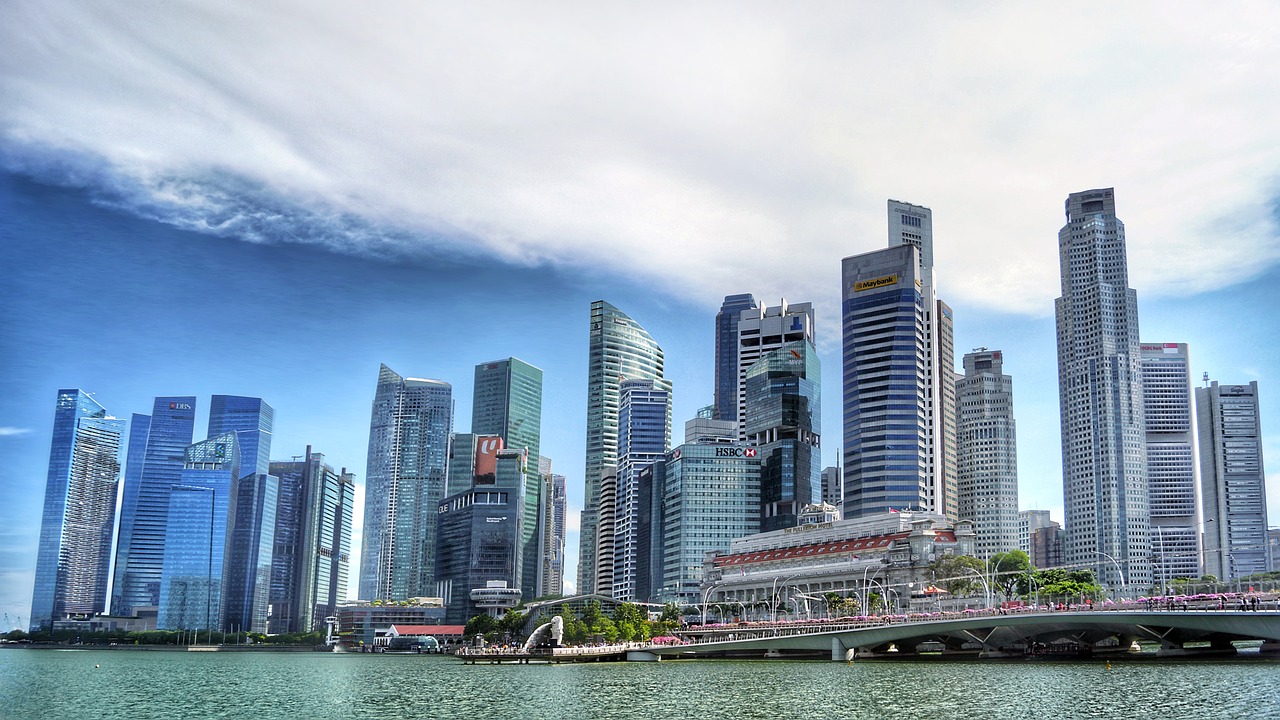By Frank Andorka, Senior Correspondent
Facebook has had some public relations setbacks lately, but one of the items on its long-term agenda that consistently gets it good press is the fact that it has started demanding clean energy – specifically solar – power its energy-intensive data centers.
In Virginia, for example, Dominion Energy had to create an entirely new type of agreement and build several solar farms so the state would be considered as a potential site for one of the data centers. We’ve seen these developments across the country, and it’s one of the unalloyed goods that Facebook has done.
So the question becomes: Could Facebook spread the solar gospel to other southern states? A recent agreement in Georgia provides some evidence that the answer to the question could be yes.
Walton Electric Membership Corporation (EMC), a consumer-owned utility with a reputation for energy innovation, has executed contracts with two solar developers for three new solar projects as part of its agreement to supply 100 percent renewable energy for Facebook’s data center in Newton County, Georgia. The collaboration is the largest solar development project in Georgia.
Facebook chose Walton EMC as the power supplier for the Newton Data Center when it announced the 970,000 square foot facility in March.
Silicon Ranch and Strata Solar will construct world-class solar power plants that will support the new data center. The facilities will be located in Southwest Georgia.
“We are thrilled to be working with Walton EMC, Silicon Ranch and Strata Solar to bring more than 200 megawatts (mW) of new solar resources to Georgia,” said Rachel Peterson, vice president of data center strategy for Facebook. “We are committed to supporting all of Facebook’s operations with 100 percent renewable energy, and these new solar facilities will help us meet that goal for our Newton Data Center. Developing these resources within the same electric grid that supports our data center will bring even more investment to the region.”
The Newton Data Center is Facebook’s ninth such state-of-the-art facility in the country. The centers are among the most advanced, energy-efficient facilities in the world. They use 38 percent less electricity than the average data center.



